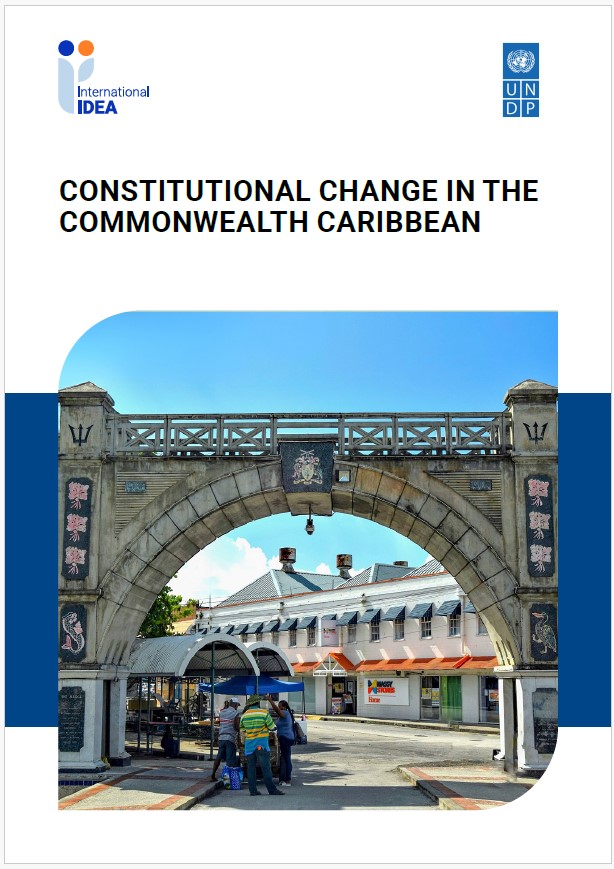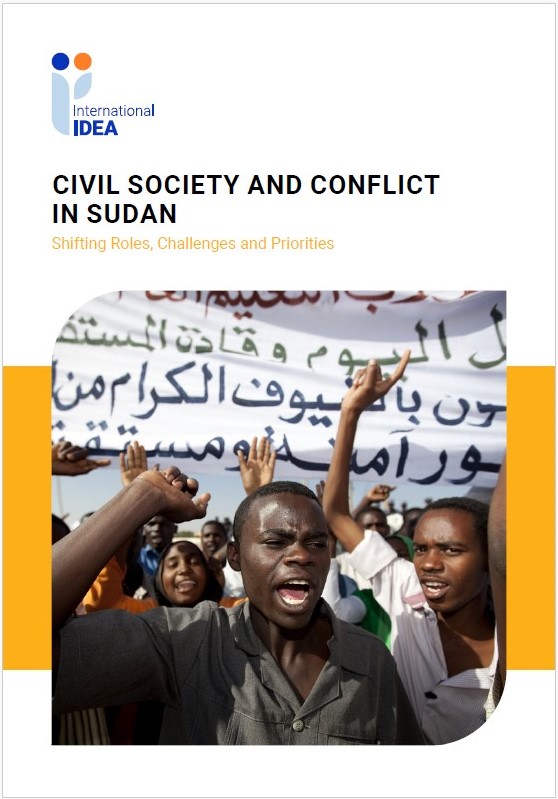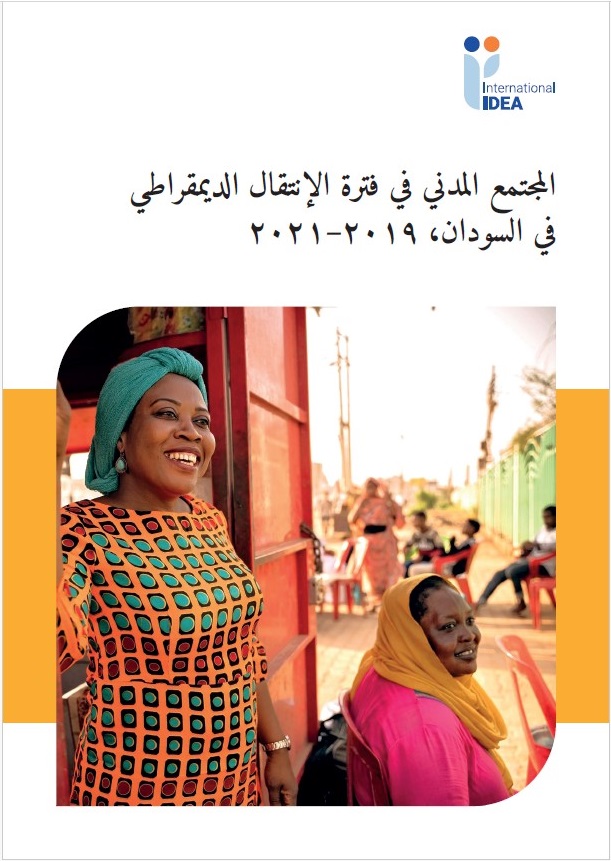International IDEA has been working on the negative influence of money in political processes for over 15 years. Because I see this phenomenon as one of the major threats to democracy, I decided—when I started as Secretary-General of International IDEA in June 2014—to intensify our efforts in this area, by launching the institution-wide initiative of Money in Politics.
Search
Region
Country
Type
The Office of International IDEA to the European Union (EUO) in Brussels launched French and Dutch versions of Democratic transitions: Conversations with world leaders at two separate events.
International IDEA and the United Nations Development Programme (UNDP) have co-organized the second installment in the Margaret Vogt Memorial Lecture series to happen today, 26 May 2016, at UN Headquarters. The lecture, entitled “What is the Impact of the Economic Crisis on Democracy?
International IDEA’s Permanent Observer office to the United Nations (UN) will launch today the English version of The Quality of Democracies in Latin America.
The challenge of democracy and rule of law is to convey the complexity of the current turbulence and positive potential within both concepts, said Thomas Carothers of the Carnegie Endowment for International Peace during the inaugural Margaret Vogt Lecture.
International IDEA and the South African Institute for Advanced Constitutional, Public, Human Rights and International Law (SAIFAC), are hosting a two-day conference with a focus on evaluating the performance of the South African Constitution.
The idea that the performance of a constitution can be evaluated is a relatively recent one.
Are there better or worse ways of drafting constitutions for the purposes of achieving desired outcomes? How are we to understand the interaction between particular provisions or elements of a constitution and the concrete realities that unfold after the moment of constitution drafting?
Campaign finance is a key issue for the quality of a democracy. The inescapable fact is that while democracy has no price, it does have an operating cost. The use of economic resources is an essential element for democratic competition. Political financing is more than a pathology of democracy, when well-regulated, political financing is a normal part of democratic life.
From 17–21 May, commissioners and senior staff of the National Independent Electoral Commission of Madagascar (CENI) will meet up in Antananarivo for a five-day BRIDGE workshop on strategic planning and stakeholder relations.
International IDEA and the Electoral Integrity Project are delighted to announce the 2016 EIP/International IDEA graduate student essay prize winner – Kirill Kalinin (University of Michigan).
La VIII Conferencia sobre Justicia Electoral, “La Judicialización de la Política, Democracia Interna de los Partidos e Integridad del Proceso Electoral” se llevó a cabo en Manaos, Brasil, entre el 28 de abril y 2 de mayo de 2016. Esta actividad estuvo coorganizada por el Tribunal Superior Electoral de Brasil y el Instituto Internacional para la Democracia y la Asistencia Electoral (IDEA Internacional).
The VIII Conference on Electoral Justice, “The Judicialization of Politics, Internal Democracy of Political Parties and the Integrity of the Electoral Process”, was carried out in Manaus, Brazil, between 28 April and 2 May, 2016. The activity was co-organized by the Superior Electoral Court of Brazil and the International Institute for Democracy and Electoral Assistance (International IDEA).
International IDEA’s New York office will hold an event today on better coordination of partnerships between regional organizations and civil society in enhancing United Nations (UN) work on peace and security.
Starting today, staff of the Independent Electoral Commission of Lesotho (IEC) will meet up in Maseru for a five-day BRIDGE workshop on strategic planning. The workshop takes place in the context of the IEC’s engagement to develop a new strategic plan foreseen to guide the EMBs work in the coming years.
Election campaign filled with propaganda and heated debates is nothing to the Philippines, a country that enjoys relative success of sustained democracy since ending the authoritarian rule 30 years ago. Philippines’ political landscape may however change considerably as a result of the 9 May general elections where more than 1,800 posts are at stake including that of the President and the Vice President, with implications to the people of the conflict-ridden region of Muslim Mindanao.
Election campaign filled with propaganda and heated debates is nothing to the Philippines, a country that enjoys relative success of sustained democracy since ending the authoritarian rule 30 years ago. Philippines’ political landscape may however change considerably as a result of the 9 May general elections where more than 1,800 posts are at stake including that of the President and the Vice President, with implications to the people of the conflict-ridden region of Muslim Mindanao.
As the second run of presidential elections draw near, International IDEA and RPP Group News will be launching the next stage of the Electoral GPS tool. The software evaluates the degree of affinity voters have with the candidates running for presidency, allowing the voters to identify with a candidate based on policies, not personality. The tool was used in the first round of elections to give voters more insight into the ten presidential candidates.
Dr. Daniel Zovatto, Regional Director for Latin America and the Caribbean, International IDEA
On 10 April, for the first time in modern history, Peru held its fourth consecutive democratic election.
The debate over presidential terms and tenures continue to create challenges for democratic development in Africa – but are we seeing a light at the end of the tunnel?
Por primera vez en su historia moderna, Perú celebró el pasado domingo 10 de abril, su cuarta elección democrática consecutiva, hecho que constituyó todo un record.


